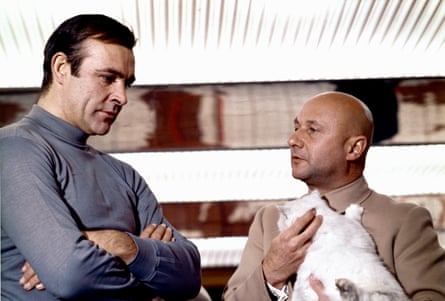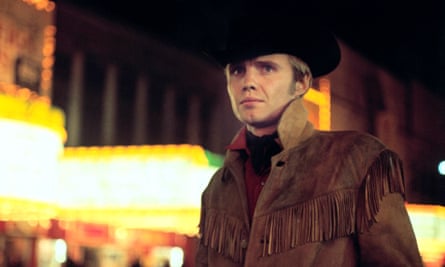Audiences at a new season of films at the British Film Institute in London have been cautioned the titles – including two James Bond movies – “will cause offence today”.
A blanket trigger warning has been placed over all movies being presented at a tribute to the work of British composer John Barry, the man behind the scores for many 007 films.
The disclaimer warns that all of the films in John Barry: Soundtracking Bond and Beyond “contain language, images or other content that reflect views prevalent in its time, but will cause offence today (as they did then).
“The titles are included here for historical, cultural or aesthetic reasons and these views are in no way endorsed by the BFI or its partners.”
An additional warning has also been added to the programme details for 1967’s You Only Live Twice, declaring that it “contains outdated racial stereotypes”.
The film stars Sean Connery as Bond, facing off against Donald Pleasence’s Blofeld and his Korean henchman Oddjob, who has a cleft palate. His portrayal has long been cited by many as perpetuating a stereotype equating disability with villainousness.
The movie also features a scene in which Connery tries to pass as Asian. Ian Fleming’s book was adapted by Roald Dahl for the big screen; Dahl omits Fleming’s assertion that Koreans are “lower than apes”.
Goldfinger also features in the season, with the programme notes suggesting that Barry’s “loudly swinging soundtrack” matches “cartoonish sexiness”.
The 1964 film includes a scene in which Connery’s Bond apparently forces himself on Honor Blackman’s Pussy Galore in a hay barn. In a 1959 letter concerning the novel from which the film was adapted, Ian Fleming explains that this “laying on of hands” from “the right man” was all which was required to “cure” the lesbian character of “her psycho-pathological malady”.
Other titles in the Barry season covered by the trigger warning include Michael Caine thrillers Deadfall and The Ipcress File, the surreal Elizabeth Taylor and Richard Burton drama Boom and Judi Dench kitchen sink drama Four in the Morning.

Peter Sellers crime classic Never Let Go has a specific additional warning alerting viewers to “racist attitudes and language”, as does the Jon Voight, Dustin Hoffman film Midnight Cowboy. John Schlesinger’s drama about the friendship between a conman and a sex worker adds that it includes “homophobic language and sexual violence”.
Meanwhile the 1968 Richard Lester film Petulia, with Julie Christie as a young woman abused by her husband, played by George C Scott, comes with an individual warning for “scenes of domestic violence”.
after newsletter promotion
A spokesperson for the BFI said: “We have flagged a number of films in the season with warnings and put a warning at the start of the season as these are mainly British 60s and 70s titles that need some context.”
A 2021 survey conducted by the British Board of Film Classification found that almost two-thirds of teenagers polled supported trigger warnings on films which might negatively affect their mental health.

The research showed that anxiety (50%), stress (38%) and depression (34%) were the key issues of concern for the 13-18-year-olds, followed by body image issues (30%), suicide (20%) and self-harm (20%).
Yet 68% of the teenagers said they found positive on-screen portrayals were helpful in expunging stigma, while nearly half said they found such portrayals educational.
Modern day reprints of Fleming’s Bond novels now come with a disclaimer stating: “This book was written at a time when terms and attitudes which might be considered offensive by modern readers were commonplace.
“A number of updates have been made in this edition, while keeping as close as possible to the original text and the period in which it is set.”

